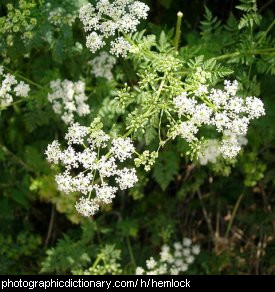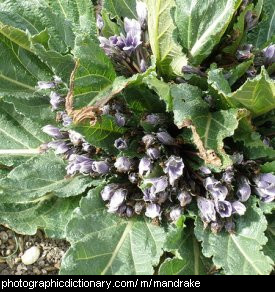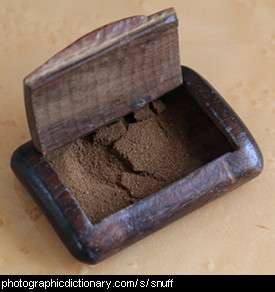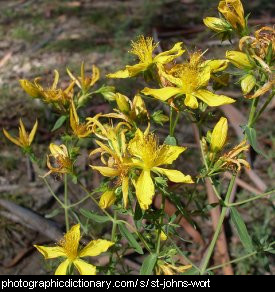Scientific name: acetylsalicylic acid
Aspirin is a drug that was originally made from willow bark. It is a commonly used painkiller for mild pain. It also thins the blood slightly and can be used to help people who get blood clots, but conversely might cause excessive bleeding and it is not recommended to take aspirin before you have surgery.
A cigarette is a roll of paper, filled with finely chopped tobacco and other additives. People who use cigarettes are called smokers. Modern cigarettes usually have a filter at one end. The unfiltered end is set on fire and the other end is put in the mouth, and smokers inhale the smoke through the cigarette.
Scientific name: echinacea purpurea or echinacea angustifolia
Echinacea, also called the purple coneflower, is a member of the daisy family. Echinacea has been known for a long time to possess medicinal properties that help ward off the effects of the common cold. Chewing the root of the plant seems to boost your immune system, helping you get better faster if you are sick.
Scientific name: digitalis purpurea
The digitalis, or foxglove, is a very attractive garden plant that has flowers in various shades of pink. It is a biennial, native to western Europe and parts of Asia and Africa.
The entire plant is toxic, from roots to flowers. It is toxic fresh and dried, and if you have a vase of foxglove flowers, the water in the vase will be toxic too. A large enough dose will kill you, smaller doses cause hallucinations, nausea and severe headaches. It is toxic to people and animals, including cats and dogs.
Scientific name: conium maculatum
Hemlock is also known as Devil's porridge, beaver Poison, musquash root, cowbane or poison parsley. Hemlock is a very poisonous plant that has been used for centuries for assassinations and executions. It is extremely toxic to humans and animals, and eating any amount can cause death. It is most toxic when it is fresh.
Scientific name: mandragora officinarum
Mandrake is a poisonous plant. It has a thick root that is often shaped like a human, hence the name mandrake. There are many legends around the mandrake plant, including the myth that when you pull it up, the plant screams and kills everyone who hears the scream. Mandrake has a hallucinogenic effect and has been used in rituals and magic ceremonies for centuries.
Poisons are something that, when it gets into the system of a living organism, has a bad effect. If a creature comes into contact with enough poison, they will die.
Poisons are distinguished from venom and toxins in the way they are produced. A toxin is a poison produced by a natural process, and venom is a poison that is injected by a bite or sting.
Snuff is powdered tobacco leaves, designed to be sniffed through the nose. Snuff was much more popular in the past than it is today. Most people today smoke cigarettes rather than sniff tobacco.
Snuff was carried around by people in their pockets in small, airtight snuff boxes, which ranged from simple wooden boxes like in the picture to quite elaborate and expensive jewelled boxes.
Sis forSt John's Wort
Scientific name: hypericum perforatum
St John's wort is a small plant that is widely used as an effective treatment for depression. It has escaped in many countries and is listed as a noxious weed. The effects that make it so useful against depression are bad when eaten by livestock, as it affects the nervous system, causes light sensitivity and can cause miscarriage and even death in large enough doses.












